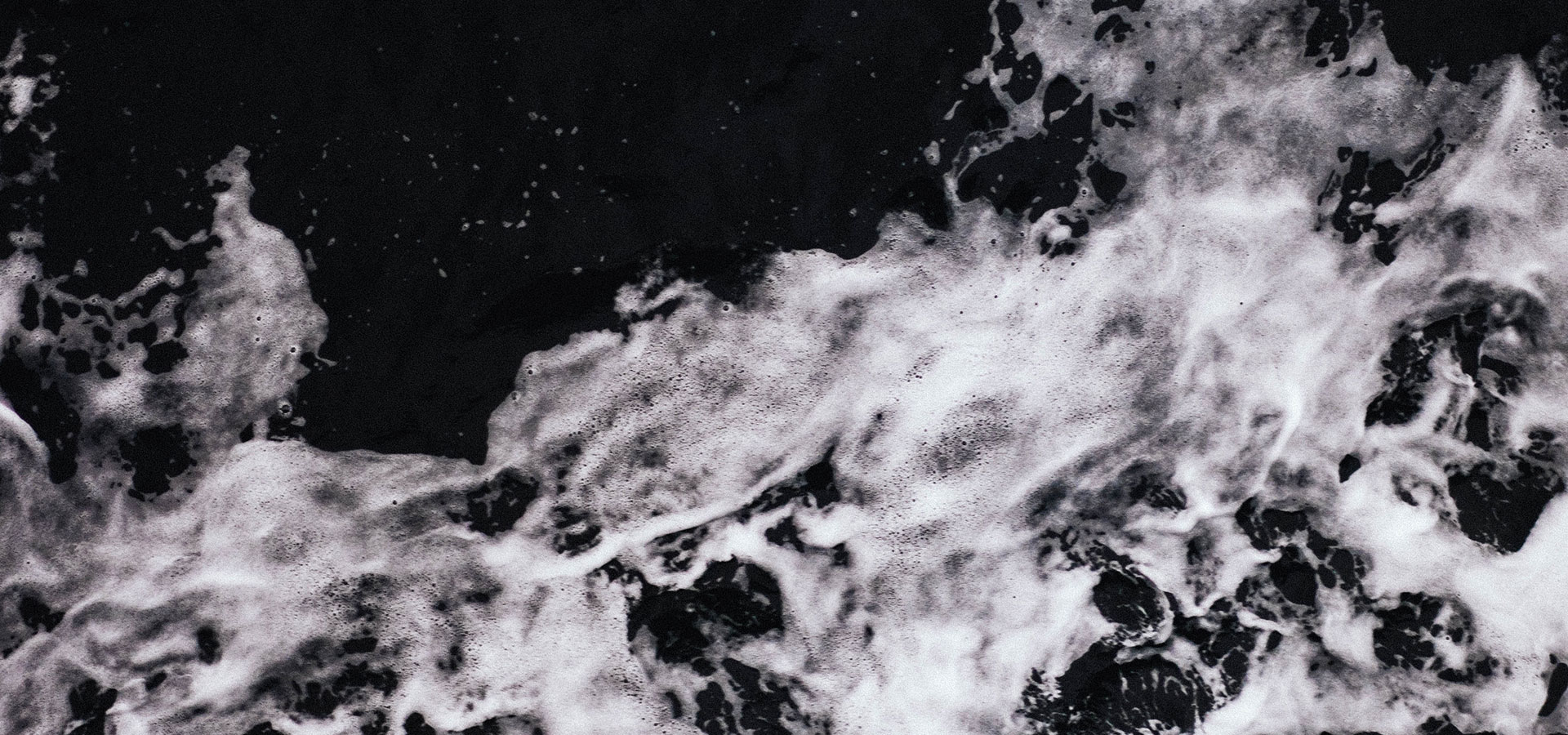
The Japan Quake Isn’t So Yesterday
While the news, and the rest of the world has moved on, the people of Japan are still deep in the challenges of dealing with restoration efforts. When the devastating disaster struck Japan in March of this year we felt compelled to do our part to help the people of Japan in whatever way we could.
We have a long-standing relationship with World Vision and being firm believers in their humanitarian efforts, we turned to them to see what they were doing in Japan. Right after the earthquake hit, World Vision deployed an assessment team to northern Japan from Tokyo led by a Japanese emergency response manager with experience in Haiti, Pakistan, Myanmar and the 2004 Indian Ocean tsunami. This team reached the city of Sendai within 48 hours of the quake and Fukushima shortly after, and they immediately began coordinating with local government officials and partner organizations to determine how to start relief operations to support children and their families. The funds they were raising were used to fund the distribution of relief supplies and the construction of “Child-Friendly Spaces” that offer psycho-social support for children affected by disasters, allowing them to resume normal childhood activities and experience structure and security that are often lost during emergency situations.
Next we got together with our friends at Jedidiah Clothing, a humanitarian apparel brand also headquartered in San Diego, and combined our design skills with their manufacturing and distribution channels to develop the “Help Heal Japan” shirt. We kept it simple–for every $20 T-shirt sale, we donated $15 to World Vision’s Japan Relief Fund.
The campaign reached even greater success than we could have hoped. Nordstrom picked up the line to carry inside each of their locations nationwide and more than 20 other retailers joined them. Our collection with Jedidiah was featured in multiple media outlets including Women’s Wear Daily, Antenna Magazine, GOOD Magazine, the Los Angeles Times and even Vogue Mexico. In just two weeks, the collection raised more than $43,000, at which point World Vision announced that they had raised all of the money they needed, to the tune of $10 million, and were no longer accepting donations for Japan.
Following our model of Uncommon Sense, we used our design thinking, partnerships and good communication to move quickly to develop a program to raise additional dollars that would aid in the restoration and repair of Japan.
UNCOMMON SENSE OBSERVATIONS
- Spontaneity is as important as strategic thinking when a crisis hits
- We can all take small steps to make a difference in the lives of others
- We can collaborate with people and partners who share our values to work together to make a difference


Uncommon Person: Chad Hutson

Our Internal Learning & Impact at Bulldog Drummond

The One Decision by Employers in 2021 that Means Everything

What I Wish I Knew

Standing Up Inside

Uncommon Person: Gregg Imamoto

Five Things Every Company Should Know about ESG

Redefining Value

Uncommon Person: Chris Baréz-Brown

It’s Time For A Whole Lotta Common Good

Did You Choose Humanity?

Uncommon Partnership: Violux

Here’s How

Uncommon Person: Santhosh Nair

Designing Strategy For A Complex World

Responsibility & Relevance for Brands

